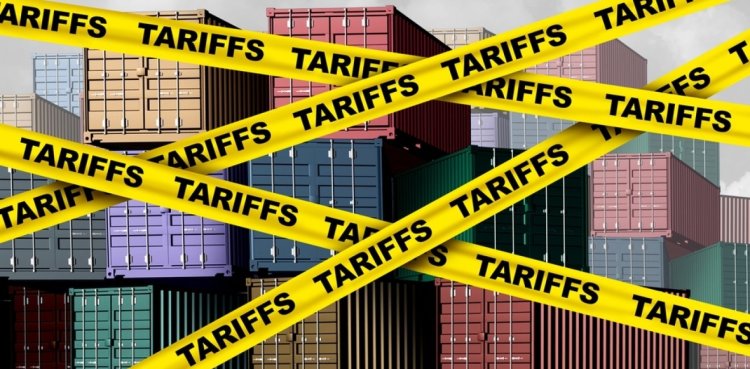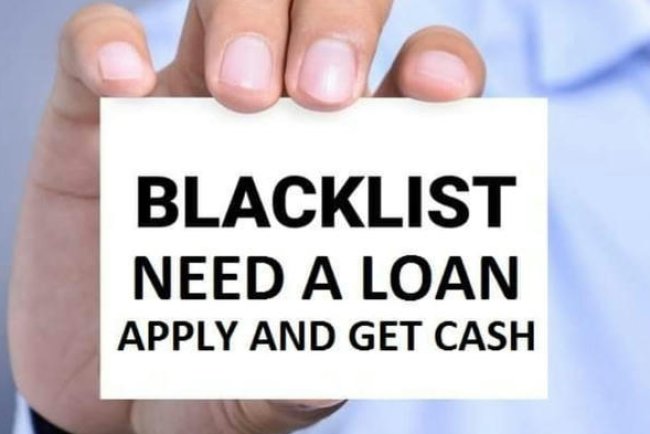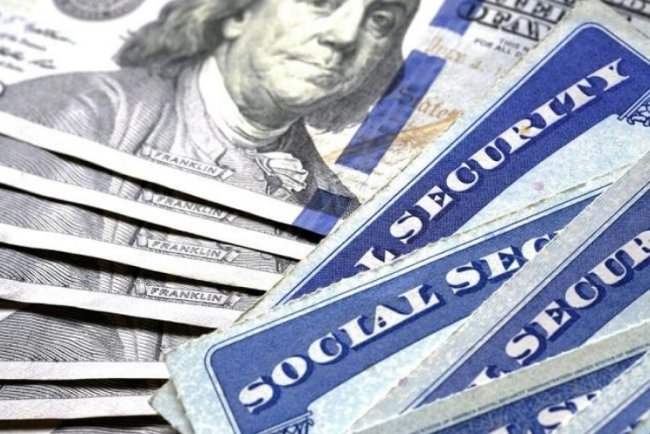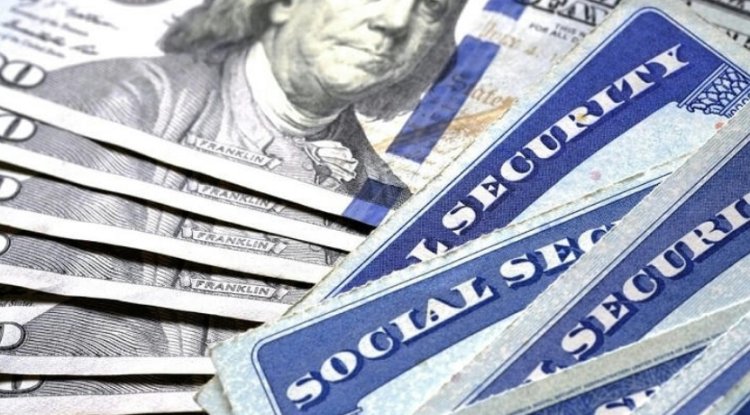Tariffs Are Unravelling the Lifeline Between Yukon and Alaska
Canada’s northern regions rely on imported goods, and US tariffs will make already expensive product The post Tariffs Are Unravelling the Lifeline Between Yukon and Alaska appeared first on mtiex.

Canada’s northern regions rely on imported goods, and US tariffs will make already expensive products like food, vehicles, and building materials even more so. Faced with an escalating trade war, the territorial premiers are making a pointed pivot: cutting out American goods, halting US liquor sales, and rewriting procurement policies to favour local suppliers.
Not everyone, though, is ready to let the cross-border bond unravel. Haines Borough mayor Tom Morphet sent a “love letter,” as CBC put it, to his Whitehorse counterpart, Kirk Cameron. “We recognize that as northerners, we sometimes have as much in common with our Canadian neighbours as we do with our own countrymen in the southern latitudes,” he wrote. In response, Cameron encouraged him to join the Border Mayors Alliance, a group of more than thirty-five municipal leaders speaking out against Trump’s tariffs. (Morphet sent the same letter to the mayor of Haines Junction, a small Yukon community about two hours from the US border. According to Yukon News, he thanked the village for an ice rink resurfacer it had given Haines a few years ago in exchange for a load of salmon.) Then, in early April, Skagway residents hosted a Hands Off Canada rally, chanting for democracy as they carried Canadian and Yukon flags.
As Yukoners grapple with what to do about Alaska, the story of Jasmine Mooney, a Whitehorse-raised woman who was detained at the Mexico-US border by the US Immigration and Customs Enforcement, left many of us aghast. Mooney was reapplying for her American work visa when she was, without explanation, locked in a cell for twelve days. It’s not just Yukoners who are feeling turned off—nationally, the number of people taking road trips into the US dropped by 32 percent in March compared to last year. American tour operators, according to the Globe and Mail, have reported booking declines of up to 85 percent.
There are others who consider Haines and Skagway an exception. Alaska is like the family next door, someone told me: while the dad is a jerk, we can still play with the kids. But pro-boycott Yukoners point to Alaska’s Republican leanings. The majority of Skagway voters, however, chose Kamala Harris and Tim Walz. Haines went red, but barely.
Even as some Yukoners pull away, others are finding ways to preserve the ties that bind. Every summer, Yukoners and Alaskans celebrate their connection with the Kluane Chilkat International Bike Relay, a cross-border bicycle race along the highway from Haines Junction to Haines. This year, the relay’s board, made up of four Alaskans and two Yukoners, voted unanimously to proceed with the event as usual. “We’re not interested in taking a political stand to protest the States,” says Canadian treasurer Colin McCann.
Some Yukoners have suggested altering the route so the riders—who usually number 1,200—are turned around at the Canada–US border. That’s not possible with the race’s operating permit, McCann says. Ultimately, the board wants to let the people make their own decision.
One source of hope amid all the nervous looking-over-our-shoulders is that at the end of March, the Alaska House of Representatives passed a resolution condemning Trump’s tariffs and stressing the importance of the Canada-Alaska relationship. House majority leader Chuck Kopp—a Republican Trump voter—told Yukon News that he didn’t support the president’s threats to Canadian sovereignty. “Canada is our only neighbour,” he said. “It’s always been Canada first for Alaska.” Next, the resolution heads to the Senate.
Amid the tension, about 100 people gathered in Whitehorse at the end of March to march for Canadian sovereignty. McColl and two friends were inspired to organize the non-partisan rally after hearing about a large gathering in Mexico City protesting Trump’s tariffs. (Similar events have been held recently in Toronto and Ottawa.) “This is just something that Canadians need right now,” McColl says. “We need to bolster each other.”
On Friday, April 25, join us online for The Walrus Talks at Home: Tariffs. Four expert speakers will discuss what the U.S. tariffs on Canada mean, both now and in the future. Register here.
Rhiannon Russell (@rhrussell) is The Walrus’s regional correspondent for Northern Canada.
Our promise to you
As tensions in Canada–US relations continue, we are facing big questions about sovereignty and how our identity and values can best meet this moment.
It’s moments like this that reaffirm the mission of The Walrus. We take pride in continuing to provide independent journalism you can trust. We pledge to keep delivering the full story: the research, context, and analysis needed to make sense of such a hurried and momentous news cycle.
With our paywall-free election coverage, we will continue to look to the future of Canada—a nation that practises integrity through trust and honesty, compassion through diplomacy and allyship, partnership through peacekeeping, and strength through diversity.
If you’ve enjoyed these stories, please consider making a donation today to help us continue this national self-examination. By doing so, you will help provide everyone with paywall-free, fact-based reporting on the critical issues that stand to define our generation.








